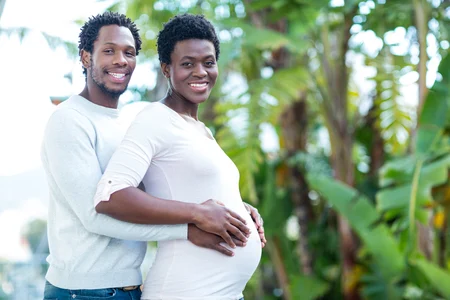The concept of parenthood can evolve in unexpected ways, as illustrated by my journey with my parent, who has transitioned from male to female. This journey has challenged my understanding of identity and family dynamics, prompting reflection and personal growth.
My biological parent, once known as Richard, is now living as Rachel, embracing her true self. The changes she has undergone are significant: she has transitioned physically and socially, adopting a new name and gender presentation. While I acknowledge that this transformation may be difficult for some to comprehend, I have come to accept and support her journey.
I first learned about Rachel’s gender identity during a family gathering in my mid-20s. My spouse and I were visiting my parents when Rachel requested a private conversation. Fearing the worst regarding her health, I was surprised when she revealed, “There’s a woman inside of me.” My initial shock was palpable, and I struggled to find the right words. My spouse, however, reassured Rachel by affirming our love for her, regardless of her identity.
As I navigated this new reality, I experienced a mix of emotions: acceptance of Rachel’s identity and grief for the father I once knew. This duality is not uncommon; grief and acceptance can coexist, allowing for a deeper understanding of the complexities of identity. In therapy, I explored these feelings, learning to honor the past while embracing the present.
Rachel described her transition using a metaphor related to technology. She explained that, similar to changing hardware while maintaining the software, her core identity remained intact despite the physical changes. This analogy resonates with many, illustrating that character and personality should define an individual, not their physical form. Rachel is compassionate, generous, and loving—qualities that surpass any labels.
The societal challenges surrounding gender identity can be disheartening. While some adults struggle to accept Rachel, children often possess a remarkable ability to embrace change. For instance, when my daughter innocently asked about her grandfather, I explained Rachel’s journey in simple terms. She processed the information with empathy, acknowledging the sadness of losing her grandfather but also expressing joy in having Rachel in her life.
This evolution in my family dynamics has prompted me to seek new ways to celebrate Rachel. Traditional holidays like Father’s Day or Mother’s Day feel inadequate, as Rachel does not identify as either. In my search for alternatives, I discovered Trans Parent Day, celebrated on the first Sunday in November. This day honors transgender parents, providing an opportunity to celebrate their roles in our lives, despite the lack of mainstream recognition.
As I navigate this journey, I strive to honor Rachel and the unique relationship we share. Her transition does not diminish her role as a parent; rather, it has created a new understanding of family for me. It is crucial to recognize that love and connection can thrive, irrespective of gender identity.
For further insights into gender identity and family dynamics, consider exploring resources like CCRM IVF, which offers valuable information on navigating these topics. Additionally, you may find helpful discussions on our blog about home insemination and couples’ fertility journeys that address related themes.
In summary, my journey with Rachel has been one of acceptance and love, illustrating the importance of embracing change within our families. The evolution of parenthood can be complex, yet it can also deepen our connections with those we love.
